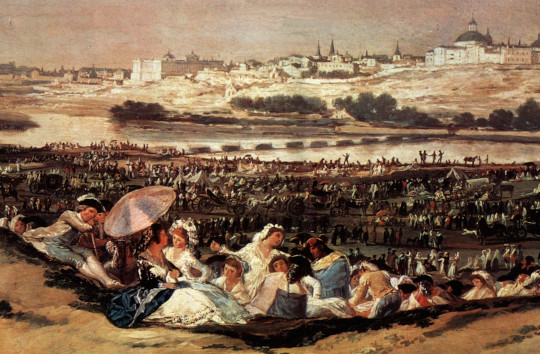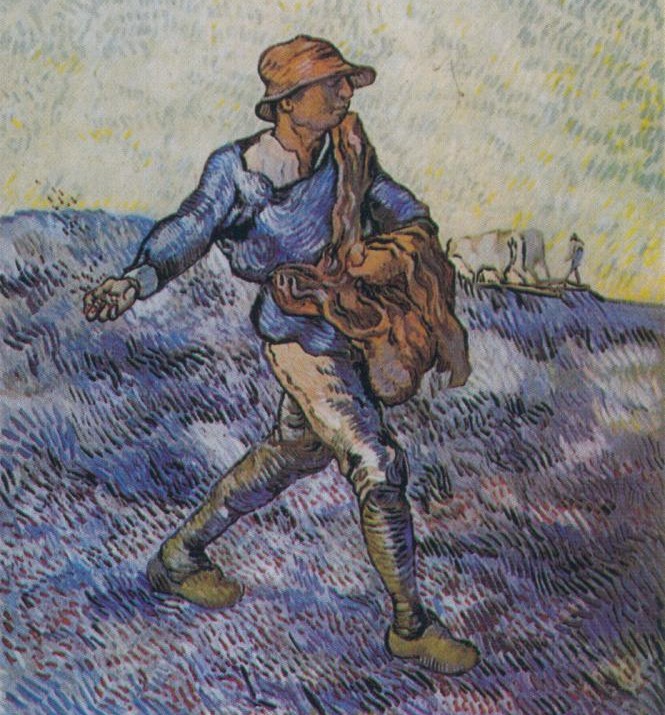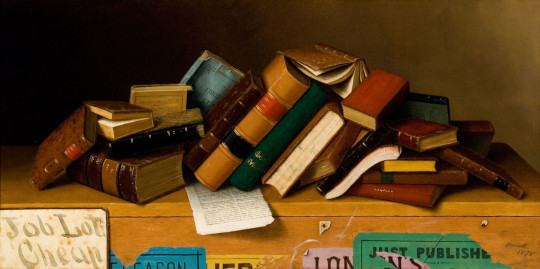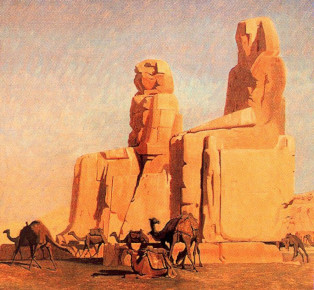Stanley Baldwin? Rudyard Kipling? Arthur W. Baldwin? Benjamin Disraeli? Tom Stoppard? Anonymous?
Question for Quote Investigator: In the 1930s British politician Stanley Baldwin reacted with anger when he read a claim that he considered defamatory in the pages of a popular newspaper. Shortly afterward he delivered a speech accusing the U.K. press barons of wielding power without responsibility, and he employed a mordant analogy that compared his antagonists to harlots.
Some claim that the famous English author Rudyard Kipling supplied this analogy to Stanley Baldwin who was his cousin. Would you please explore this topic?
Reply from Quote Investigator: Stanley Baldwin delivered a speech to a full house of supporters at Queen’s Hall, London on March 17, 1931. Several newspapers reported on the event including the “The Lancashire Daily Post” of Preston,1 the “Liverpool Echo” of Liverpool,2 and “The Times” of London. The start of Baldwin’s oration included some praise for U.K. newspapers:3
Let me begin by saying that the Press of Great Britain is the admiration of the world for its fairness, the ability with which it is conducted, and the high principles of journalism to which it adheres.
Yet, Baldwin’s plaudits were not universal. He criticized the newspapers of two powerful press barons:
The papers conducted by Lord Rothermere and Lord Beaverbrook are not newspapers in the ordinary acceptance of the term. (Cheers.) They are engines of propaganda for the constantly changing policies, desires, personal wishes, personal likes and dislikes of two men. (Loud cheers.)
Baldwin admitted that he had used the stinging description “insolent plutocracy”. He then presented the recent harsh response to his words that was printed in the “Daily Mail”:
“These expressions come ill from Mr. Baldwin, since his father left him an immense fortune, which, so far as may be learned from his own speeches, has almost disappeared. It is difficult to see how the leader of a party who has lost his own fortune can hope to restore that of anyone else or of his country.”
Baldwin said that the claims in the “Daily Mail” were false:
The first part of that statement is a lie, and the second part of that statement by its implication is untrue. The paragraph itself could only have been written by a cad.
Baldwin employed the quotation under examination while condemning the press barons. Boldface added to excerpts by QI:
What the proprietorship of these papers is aiming at is power, and power without responsibility—the prerogative of the harlot throughout the ages.
The most detailed evidence that Rudyard Kipling supplied the statement about prerogatives to Stanley Baldwin was provided by his son Arthur W. Baldwin in 1971. See the citation presented further below.
Here are additional selected citations in chronological order.
Continue reading “Quote Origin: Power Without Responsibility — The Prerogative of the Harlot Throughout the Ages”






